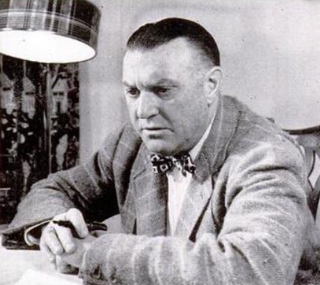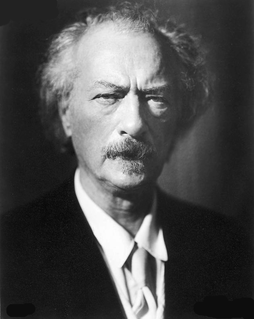A Quote by Pietro Aretino
They merit more praise who know how to suffer misery than those who temper themselves in contentment.
Related Quotes
Misery, in cold truth, is a weight less upon those who undergo it than upon the minds of those who see it; for he who is cold and starving is so busy in his efforts to obtain warmth and food that he has little time for self-pity, and endures his unhappy condition better than those who take it upon themselves to suffer for him.
But how much better, in any case, to wonder than not to wonder, to dance with astonishment and go spinning in praise, than not to know enough to dance or praise at all; to be blessed with more imagination than you might know at the given moment what to do with than to be cursed with too little to give you -- and other people -- any trouble.
Alas, we are the victims of advertisement. Those who taste the joys and sorrows of fame when they have passed forty, know how to look after themselves. They know what is concealed beneath the flowers, and what the gossip, the calumnies, and the praise are worth. But as for those who win fame when they are twenty, they know nothing, and are caught up in the whirlpool.
Under miserable conditions of life, any vision of the possibility of better things makes the present misery more intolerable, and spurs those who suffer to the most energetic struggles to improve their lot, and if these struggles only immediately result in sharper misery, the outcome is sheer desperation.
In the book Soldiers on the Home Front, I was greatly struck by the fact that in childbirth alone, women commonly suffer more pain, illness and misery than any war hero ever does. An what's her reward for enduring all that pain? She gets pushed aside when she's disfigured by birth, her children soon leave, hear beauty is gone. Women, who struggle and suffer pain to ensure the continuation of the human race, make much tougher and more courageous soldiers than all those big-mouthed freedom-fighting heroes put together.







































